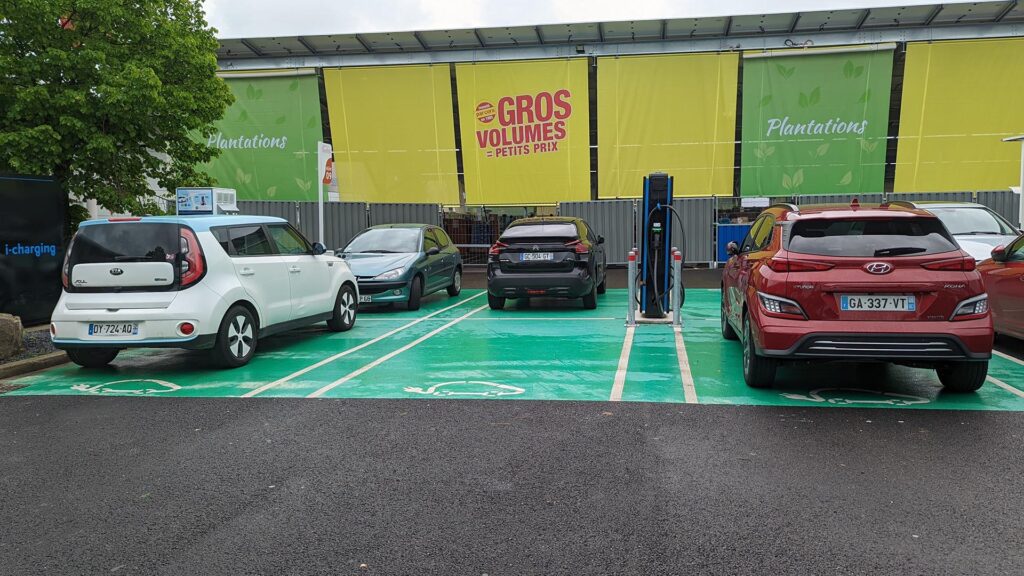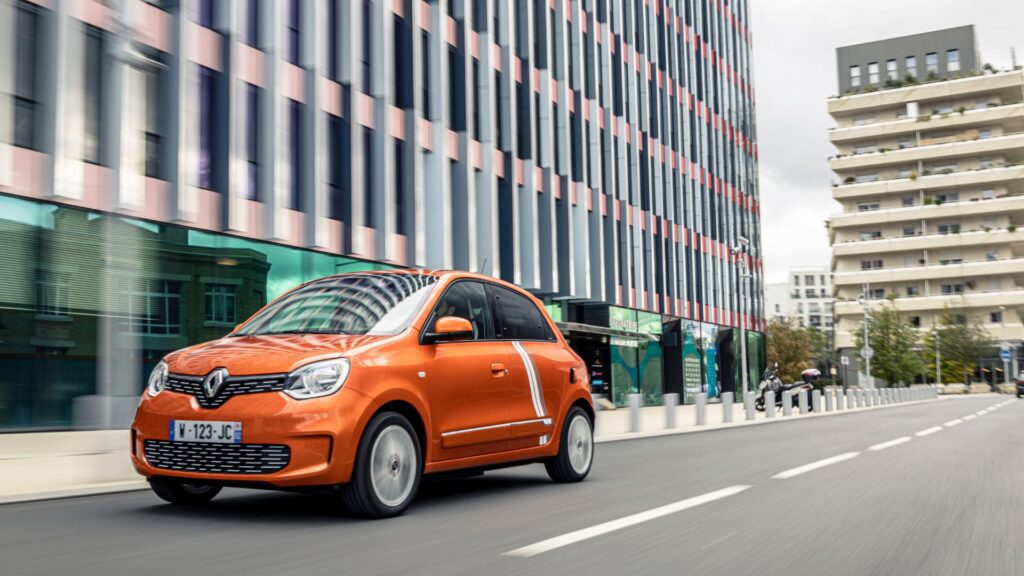The electric car allows you to save on the cost of use, it’s a fact. Touting €1,200 in fuel savings per year, as the Minister of Ecological Transition did in an interview, is on the other hand a more questionable exercise.
On the air of Sud Radio, on November 2, 2023, the Minister of Ecological Transition Christophe Béchut affirmed that the electric car allows “ to save the equivalent of €1,200 in gasoline per year “. Where does this figure come from? Is it realistic?
The figure announced by the minister did not come out of a hat. It corresponds to data from an analysis published by France Stratégie in November 2022 at the request of the government. As confirmed by the Radio France teams, in a “true or false” column, the statement is therefore true, but only in a specific environment, so it must be used with caution.
An economy far from being a generality
The savings of €1,200 per year (or €100 per month) indicated correspond to a precise framework: a saving on gasoline and maintenance costs for a household which would have swapped an old thermal city car (segment B) for a electric car of the same category. We can imagine, for example, the case with an old Peugeot 207/208 and the current version of a Peugeot e-208.

The economy could even be higher on a larger Compact SUV type vehicle. The study calculated a saving in use of €1,500 compared to the fuel (and maintenance) expenses of an equivalent thermal vehicle.
The study also took into account different assumptions regarding the price of energy: electricity prices available at the time of the analysis (2022); a version with a 60% increase in the cost of electricity; another with more than 120% of the price per kilowatt hour. The result is that, regardless of the electricity price, and as long as charging is carried out at home, the study always confirms an advantage for the electric vehicle compared to the thermal or plug-in hybrid vehicle. If energy prices were to double or if inflation continued to rise, the gap would be much smaller.


However, this only applies if the electric car is charged at home. If recharges were only to be done on a public network of terminals, generally with a more expensive charge, the case would fall outside the scope of the analysis submitted to the government.
An additional purchase cost only pays off after 6 to 13 years
Another element that is not negligible is the time needed to absorb the additional cost of purchasing a new (or even recently used) electric vehicle. Despite the progress made, the price gap between an electric vehicle and its thermal equivalent often remains around €10,000, or even €15,000 for a small car (mini city car and versatile city car).


For a city dweller, the report specifies that the additional investment cost is only profitable after 13 years in the absence of purchase aid, or 6 years if the aid (bonus, conversion bonus , etc.) could have been used to purchase the electric car.
The study also based its calculations on a resale of the vehicle after 6 years, based on residual value assumptions which may seem quite optimistic. Moreover, the analysis warns: “ electric cars could suffer a greater discount in the event of rapid technical progress, particularly in terms of battery range “.
All this primarily concerns intermediate or well-off households. The study clearly mentions that new measures must be planned to make electric cars accessible to low-income households. This is the case of the social leasing system which should see the light of day in the coming weeks.
It is therefore very difficult to present the electric car as a universal solution allowing savings of €1,200 per year, as the minister announced on the radio. The figures are selling point, especially without specifying the context, but the reality could be very different for some buyers.
The French government wants to help the adoption of electric cars by all means. A subject that we will have the opportunity to decipher regularly in our Watt Else newsletter. Don’t wait to register, it’s free.
Subscribe for free to Artificielles, our newsletter on AI, designed by AIs, verified by Numerama!
